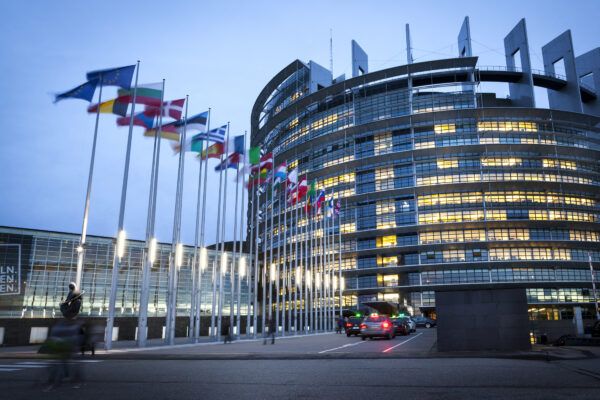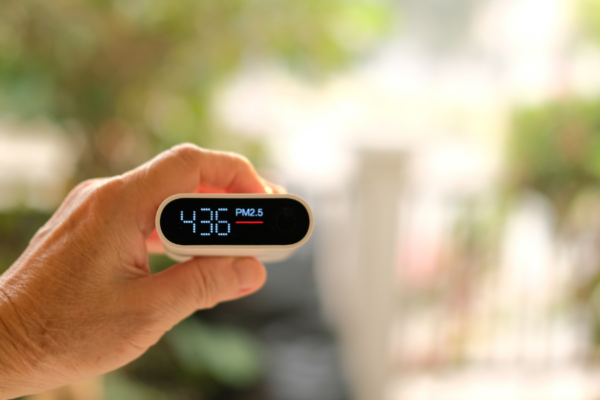On 8 November, the EU Council of 27 member states committed to achieving interim World Health Organization (WHO) air quality guidelines by 2030 as part of the revisions to the Ambient Air Quality Directive (AAQD). However, the council’s proposed provisions could leave lower income and vulnerable populations behind.
Known as the EU Council of Ministers’ ‘General Approach’, this position will be used by the European Council in negotiations with the European Parliament and European Commission. Under the proposed text, EU regions whose GDP per capita is under the EU average could postpone compliance with the directive for up to a decade. This would mean that by 2030, residents of the 11 more affluent EU states would be protected from the dangers of air pollution, while over 240 million people in 16 lower-income EU countries would still be exposed to harmful air pollution for another 10 years. The council’s position is missing the crucial ambition to align fully with WHO guidelines, as rightly called for by the European Parliament.
Worryingly, the member states’ loophole undermines the tenets of environmental justice. Under the these plans, those areas with a lot of low-income households exposed to unacceptable levels of air pollution would be given more time to comply with the new rules, exposing citizens to pollution for longer. Rather than seeking opt-outs from the legislation for such areas, member states should seek additional financial support to ensure a just transition and ensure rapid compliance.
The Spanish Presidency and Minister Teresa Ribera Rodríguez highlighted the need for urgent intervention, saying that the annual 300,000 premature deaths are “unacceptable” and that “we must act now”. Clean Air Fund calls on member states to work with the European Parliament and European Commission to remove all loopholes that would endanger the health of those most vulnerable any further.
The agreement between EU member states is an important step forward in this critical legislative process. It’s hard to understand why EU member states support derogations to meeting new targets by 2030 that leave those most in need breathing polluted air for longer. This is as if hospital patients with most urgent cases were attended to last. Instead of derogations, people living in areas with the highest level of air pollution should be provided with additional support so that they stop suffering as soon as possible.
Agata de Ru, Head of European Union at Clean Air Fund
Trialogue negotiations between the EU Council, Commission and Parliament are expected to begin in the coming weeks. A deal must be agreed by end of February 2024 to ensure that the final agreement can be voted through a plenary meeting of the European Parliament, before the June 2024 European Parliament elections. Clean Air Fund urges EU negotiators to show true global leadership in setting the world’s most ambitious air quality legislative framework before time runs out.


